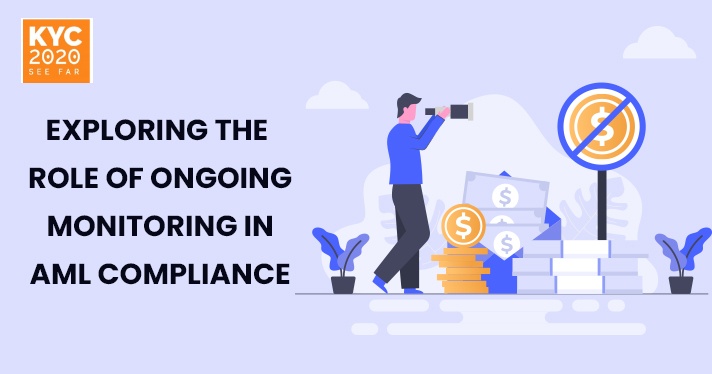In the business world, ‘Know Your Client’ (KYC) is a term used to describe the process of verifying a customer’s identity and understanding their financial dealings. KYC requirements have become more important in recent years as businesses work to protect themselves from fraud and other illegal activities, such as money laundering or terrorist financing.
While it may seem like an intimidating concept, getting to know your client is actually quite simple. This blog post will discuss what KYC means, compliance requirements, and what are the requirements to know your client.
What Does KYC Mean?
At its core, KYC is about building relationships with customers that are based on trust and respect. It is essential that businesses establish long-term relationships with their customers by collecting data about them and using that information to better understand their needs and offer tailored services.
This helps businesses build trust between themselves and their customers while also ensuring they are not putting themselves at risk of being involved in any fraudulent activities or money laundering schemes.
Why Is KYC Important?
Know Your Client is important because it helps prevent fraud and money laundering activities. By verifying the identities of its customers through a thorough KYC process, a business can ensure that it is only doing business with legitimate customers and not individuals who may be attempting to launder money or finance terrorist activities.
Additionally, if a business does not have an effective KYC policy in place, it could be at risk for penalties due to violations of anti-money laundering regulations imposed by governments around the world.
Components of KYC
Customer Due Diligence (CDD)
Customer due diligence (CDD) is one of the most important components of KYC. CDD involves obtaining information about a customer’s identity, such as their name, date of birth, address, etc., and verifying it with reliable sources. This helps companies establish that the customer is who they say they are. This can be done by asking for official documents such as driver’s licenses or passports when signing up for accounts or services.
Enhanced Due Diligence (EDD)
Enhanced due diligence (EDD) goes beyond simple customer due diligence by looking into the source of funds or wealth associated with a customer’s account. It involves gathering more detailed information about customers who may present higher risks than average—for example, politically exposed persons who could be using their accounts to launder money or finance illegal activities. EDD involves digging deeper into a customer’s background to ensure that there are no red flags that could indicate criminal activity.
Monitoring & Reviewing Activity
KYC also requires companies to monitor and review their customers’ activity on an ongoing basis to make sure that everything remains compliant with regulations and laws. Companies should review any suspicious activity regularly and take action immediately if any red flags come up during these reviews. This could include freezing suspicious accounts or canceling transactions if necessary.
Companies should also follow up on any changes in customers’ personal details or financial situations that could affect their risk profile—such as large deposits or withdrawals—in order to protect themselves from potential fraud or criminal activities.
What Documents Are Required for KYC Verification?
The specific documents required for KYC verification vary depending on the type of customer being verified and their country of residence. Typically, these documents will include some form of government-issued identification such as a driver’s license or passport; proof of address such as utility bills or bank statements; proof of income such as pay stubs or tax returns; and other documents related to the customer’s financial activities such as bank account information or credit card statements.
Compliance Requirements
Every business should be aware of the compliance requirements associated with getting to know your client. Depending on the type of company you run, you may need to collect different types of information from your clients such as name, address, date of birth, etc.
Additionally, businesses must adhere to certain regulations regarding how this information can be used and stored securely so that it does not fall into the wrong hands. Furthermore, some countries have additional compliance requirements for specific types of companies such as banks or insurance firms.
Process Of KYC:
The actual process of completing KYC verification varies from one company to another but typically involves collecting all necessary documents from customers, reviewing those documents for accuracy and validity, conducting additional background checks if necessary (such as credit checks or criminal records checks), and then providing written confirmation that all documentation has been reviewed and found satisfactory.
In some cases, companies may also require additional steps such as signing forms or providing additional proof of identification before allowing access to services or products being offered by the company.
Conclusion:
Getting to know your clients is an important part of running a successful business. Not only does it help ensure your customers feel safe doing business with you but it also helps protect you from illegal activities such as fraud or money laundering schemes.
By following the steps outlined above – identifying who they are; verifying their identity; storing data securely – you can ensure compliance with all relevant regulations while also establishing strong relationships with your customers based on trust and respect. Thank you for reading! We hope this post has given you a better understanding of what Know Your Client means for businesses today!







2 thoughts on “Know Your Client (KYC): What It Is, Importance, Benefits & Process?”